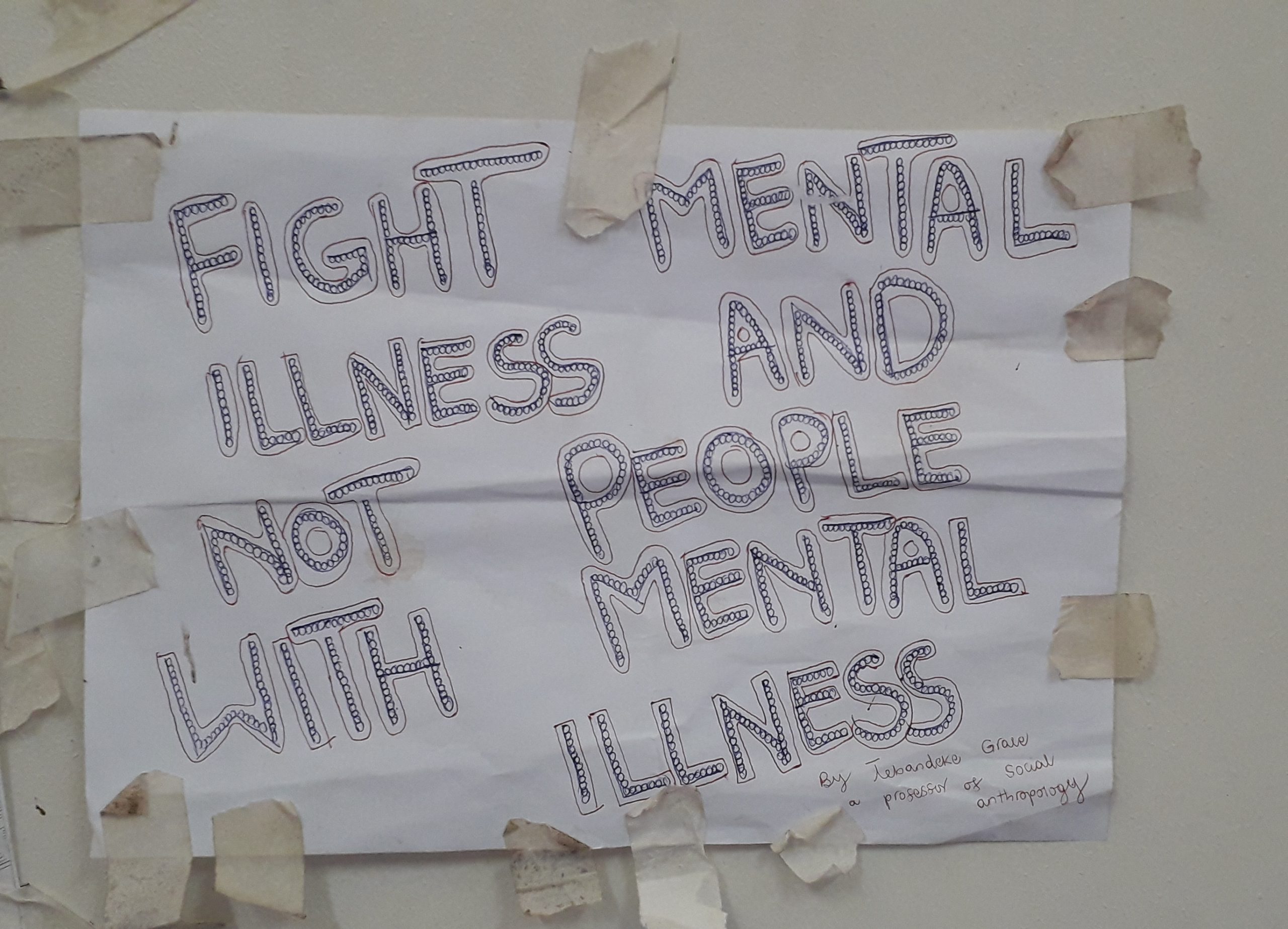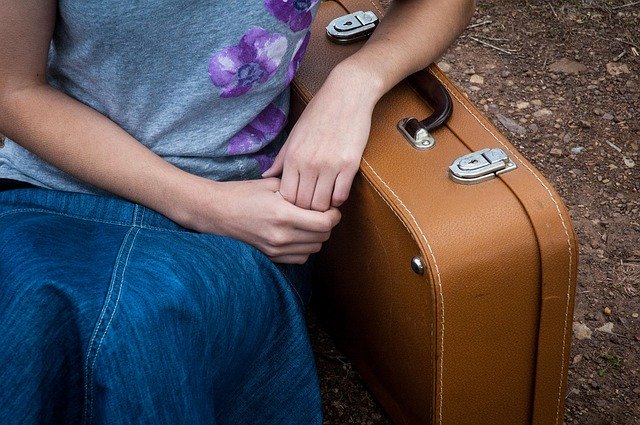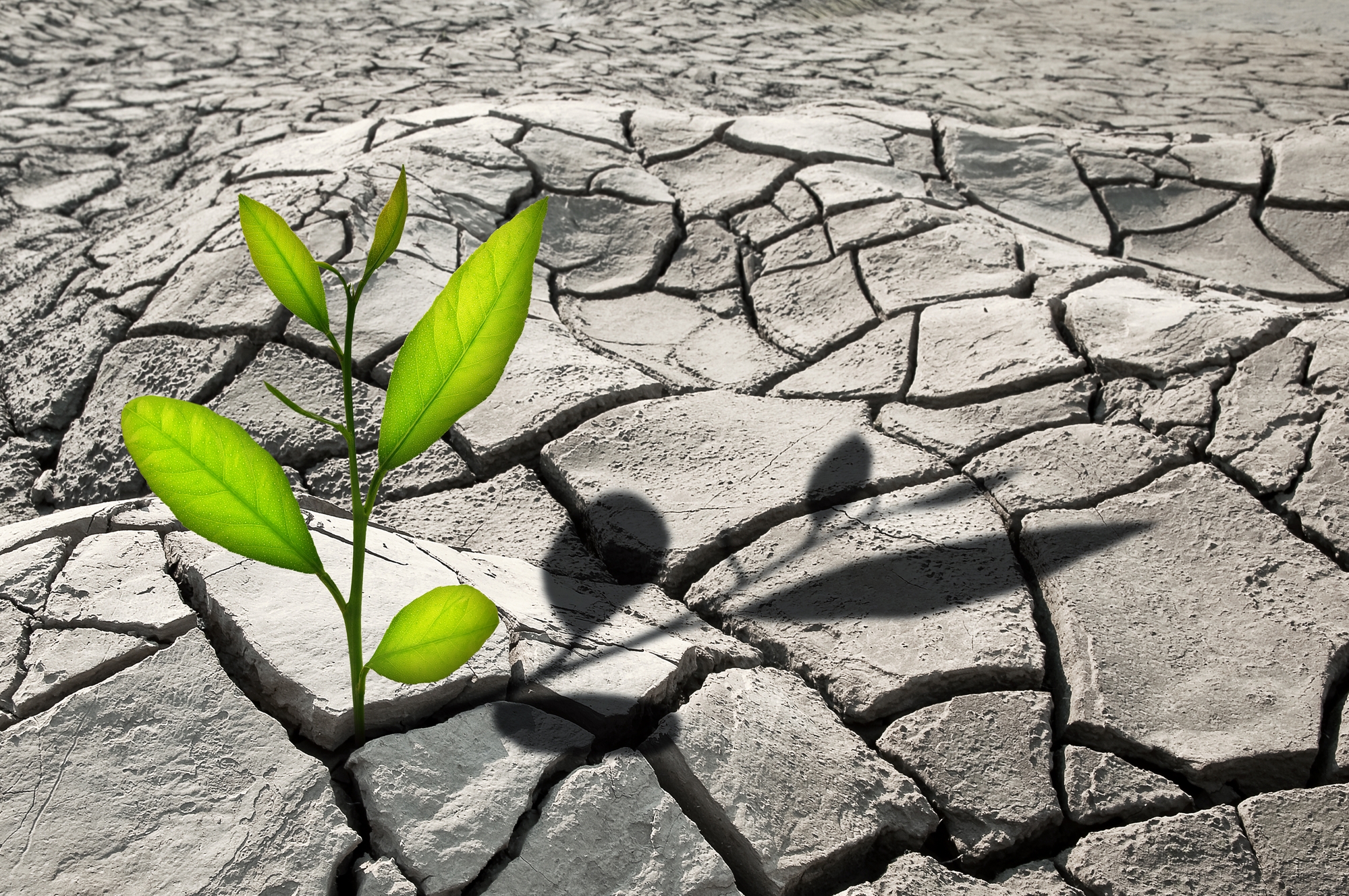On the Road to Suicide Awareness: Gulu, Uganda

Trigger Warning: this article deals with suicide. Please read at your own discretion.
Having spent much of my recent work time dedicated to suicide awareness and suicide prevention in Sheffield, England I was privileged to be offered the opportunity to travel to Africa to share the skills I have learned and to learn more from our mental health care partners in Kampala and Gulu, Uganda. Sheffield Health & Social Care NHS Foundation Trust, through the Gulu Sheffield Mental Health Partnership (GSMHP) which has been working in Uganda since 2012. As well as working on the development of this newly funded suicide prevention project members of the visiting team were also focused on helping to re-certify hospital staff in RESPECT techniques as a part of a longer running Tropical Health and Education Trust (THET) funded project.
RESPECT is a non-confrontational, de-escalation based way of managing potential violence and aggression that minimizes the need for physical restraint and restrictive practice by positively harnessing an individual’s unique personal strengths in managing difficult situations. RESPECT training techniques have been shared with key staff at the Gulu Regional Referral Hospital since 2012 and the results of this partnership work have been a phenomenal success in both Sheffield and Gulu. As a junior nurse, I remember attending 5-day courses on Preventing and Managing Violence and Aggression (PMVA) where they were essentially teaching me how to restrain people with holds akin to those used by the police to restrain violent criminals. Thankfully in Sheffield and in Gulu, the use of those techniques is well and truly a thing of the past and the experiences of the service users now play a key part in understanding how to manage potentially difficult and confrontational situations.










